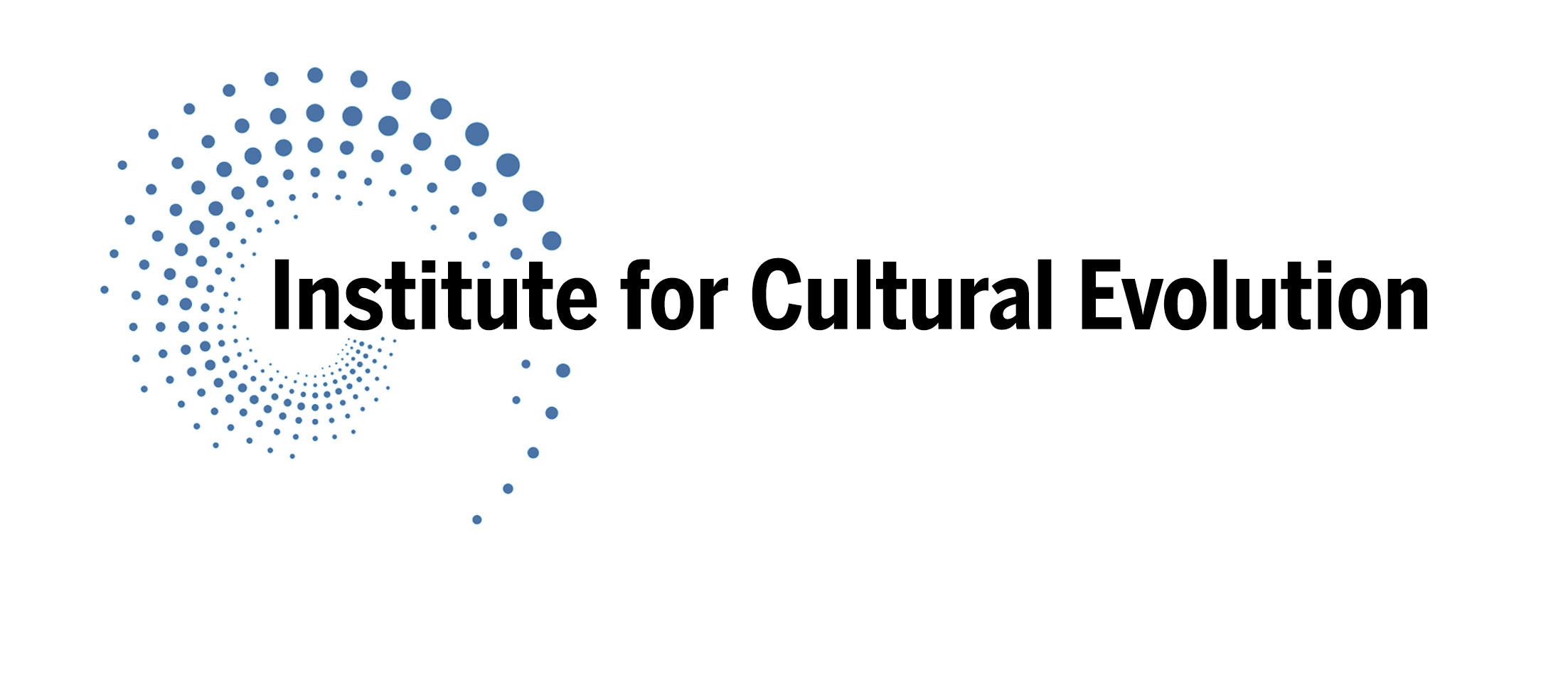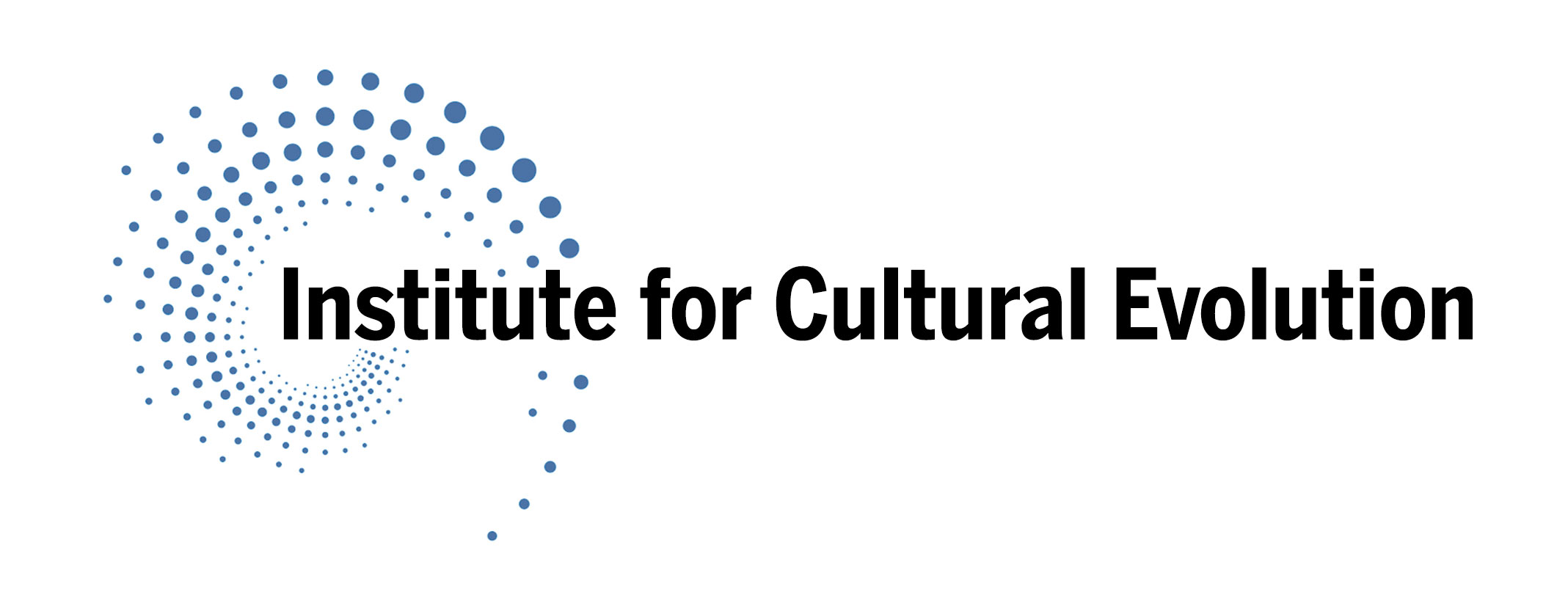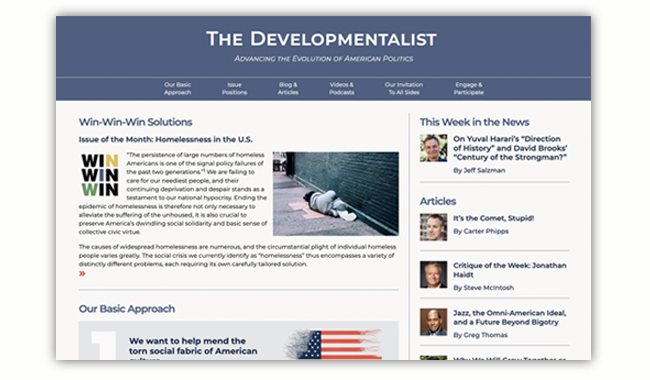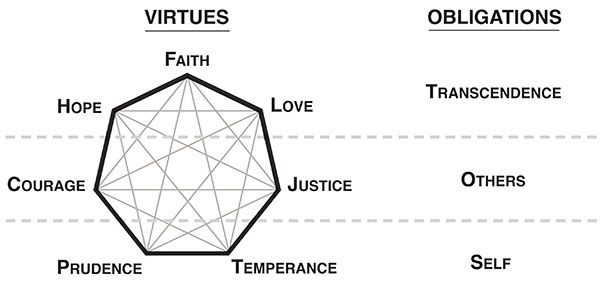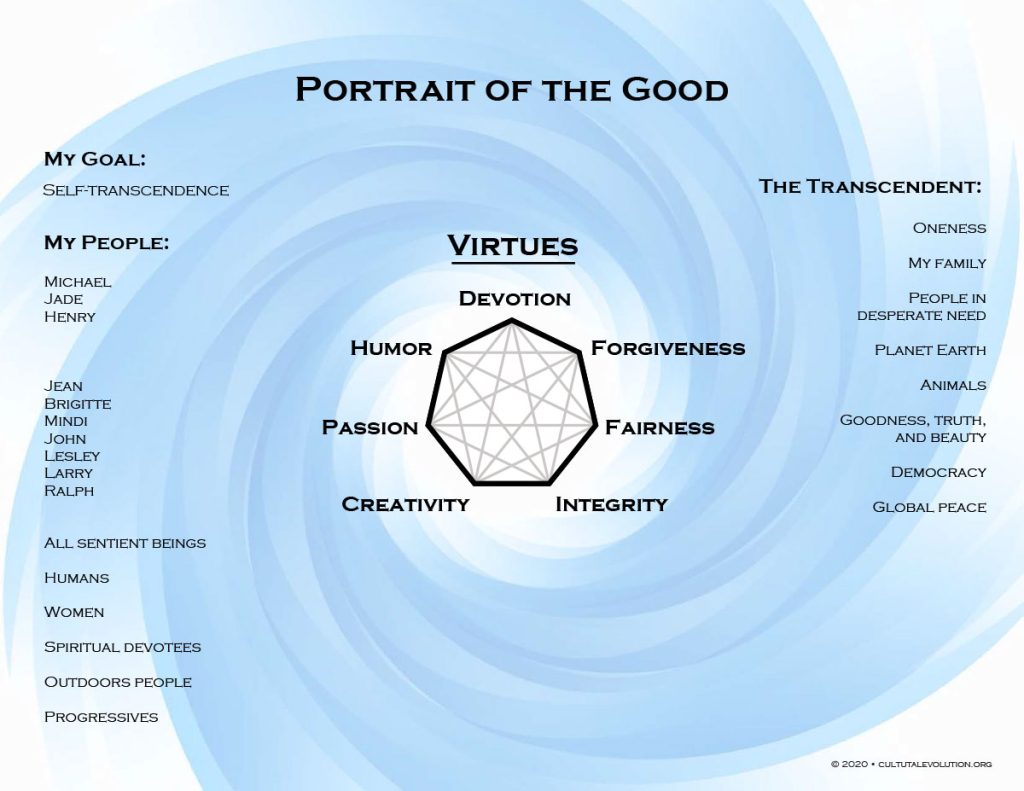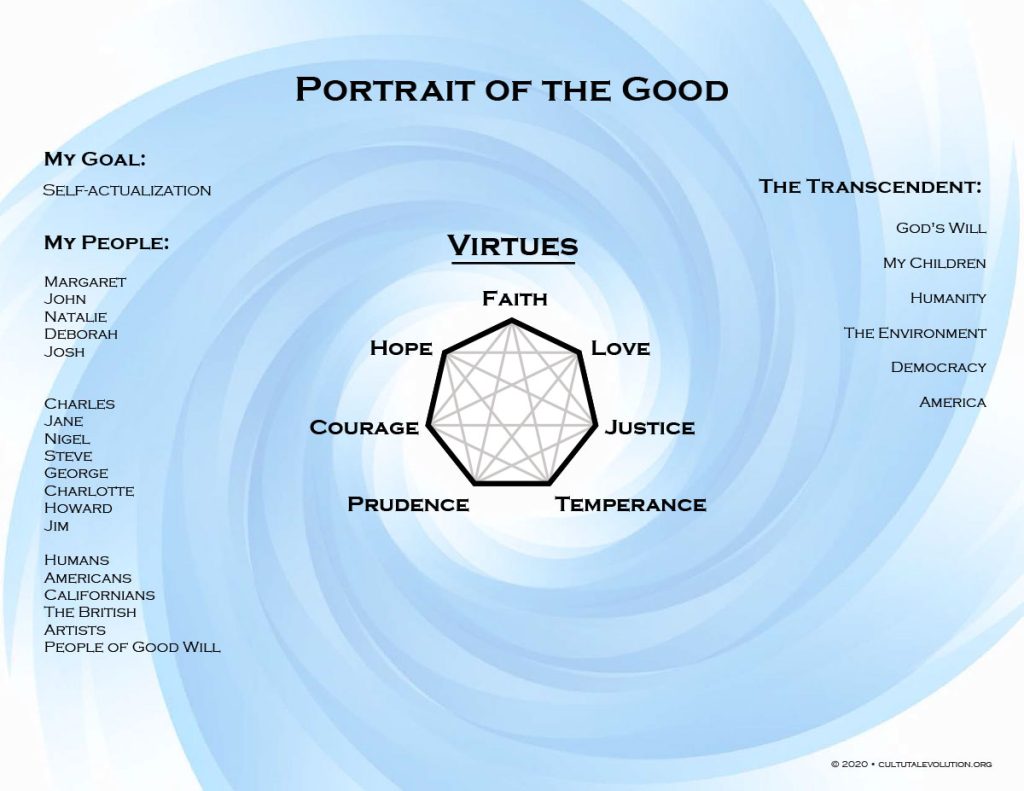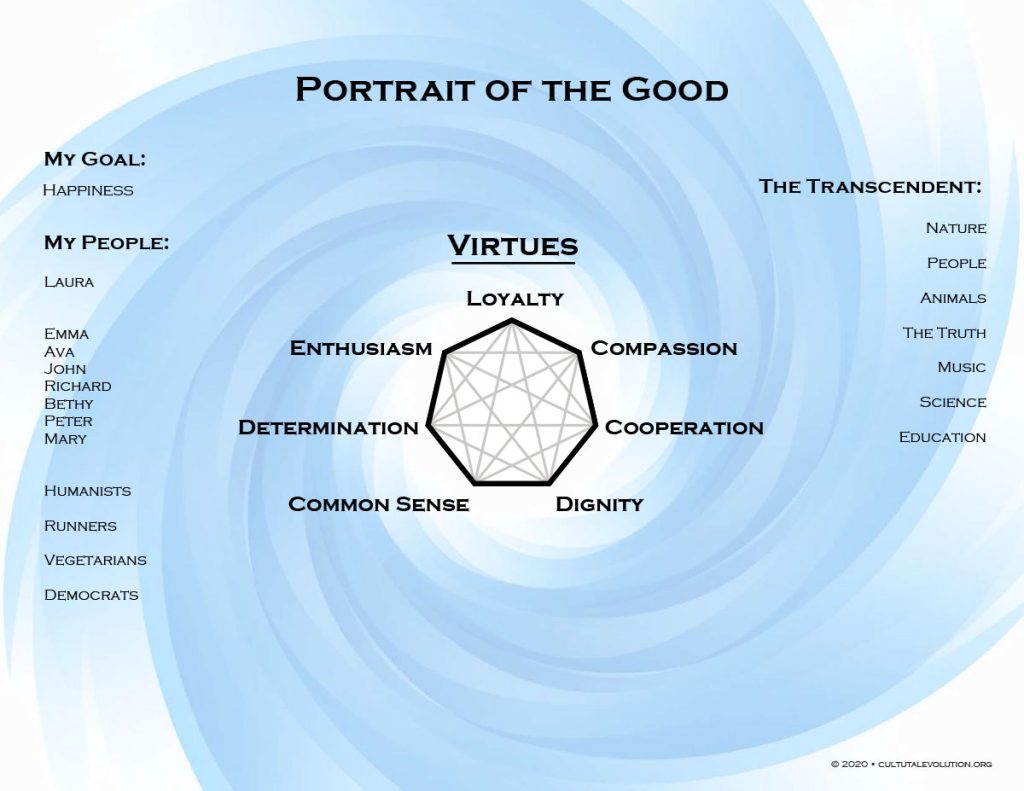In June 2021 the Institute for Cultural Evolution launched its online political magazine called The Post-Progressive Post. We liked the term “post-progressive” because it effectively communicated our cultural and political point of view. That is, we appreciate the best of progressivism and honor its values, but we reject progressivism’s antipathy toward the best of what has come before. In this online magazine, and in the work of the Institute for Cultural Evolution think tank overall, we are working to stake out a kind of higher ground that transcends the worst and includes the best of progressivism. We are thus working to demonstrate what comes after progressivism—a more inclusive outlook that synthesizes the values of all three major American worldviews: progressive, modernist, and traditional.
While we still like the term post-progressive, we have found that it is often misinterpreted by folks on both the left and the right. Some on the left think it means “anti-progressive,” which we are not. And others on the right think it means “ultra-progressive,” which is likewise inaccurate.
After thinking strategically for serval months about our “branding,” we have decided to emphasize the word “development.” The Institute’s mission is to help American culture develop into a better version of itself. Our growth as an organization over the past two years is based on the success of our book, Developmental Politics. And developmental psychology is a cornerstone of the integral philosophy that guides our thinking. So for these and other reasons, we have come to the conclusion that a less polarizing yet more accurate description of who we are and what we believe is: developmentalist. We are accordingly renaming our online publication “The Developmentalist” because this new title well-expresses the cultural identity we hope to represent.
Working to discern and describe the leading edge of cultural evolution in America is a difficult and daunting project. So a certain amount of learning from false starts is to be expected. Thank you for understanding our need to make this change, and thank you for your ongoing interest in our work.

